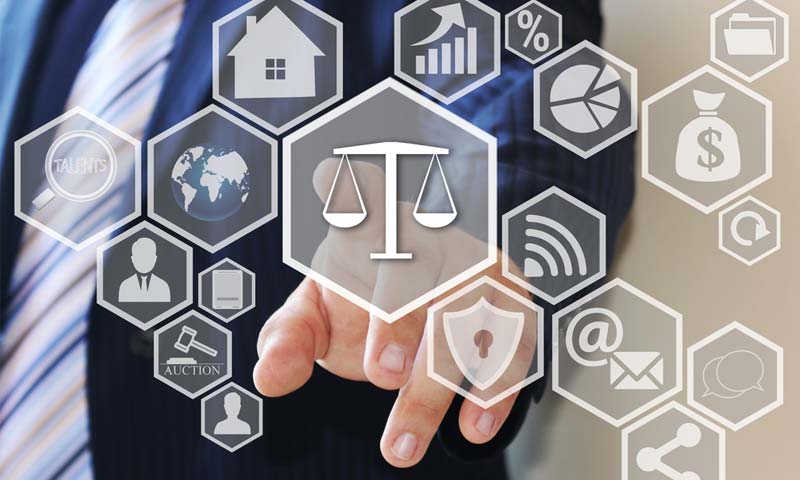Navigating the legal aspects of starting a new business can indeed be a perplexing and overwhelming experience. As an entrepreneur, you may find yourself grappling with a myriad of questions: How do you officially register your business? Why is it essential to have your employees sign Non-Disclosure Agreements (NDAs)? What exactly does arbitration entail, and is it necessary to include it in your employee onboarding forms? All these concerns are valid and critical to address, but for many new businesses operating on tight budgets, the idea of hiring a lawyer to provide answers may seem financially daunting.
Thankfully, just as technology has revolutionized various industries, it is now catching up to meet the demands of consumers in the legal field. In today’s highly competitive world, exceptional customer service has become the cornerstone of business sustainability. This trend has also permeated the legal industry, prompting an increased demand for legal services that are not only affordable but also highly responsive and accountable to their clients. Consequently, the legal profession is witnessing a transformation, acknowledging the necessity of adapting to the changing landscape and catering to the evolving needs of modern-day entrepreneurs.
Some critics might argue that prioritizing faster service could come at the cost of compromising quality. However, in an age where information is readily available at the click of a button, rapid service has become the new norm. Clients expect immediate access to the solutions they seek, and this expectation extends to legal services as well. Acknowledging this paradigm shift, many legal service providers have already taken strides to align their offerings with client expectations. Today, there are over 20 mobile applications dedicated to legal services, although some of them may have certain limitations in their functionality.
These legal mobile apps typically fall into two main categories: those that offer legal plans and those that serve as limited legal directories. The first type attempts to provide comprehensive legal assistance and guidance through subscription-based plans. On the other hand, the latter type offers a directory of lawyers or legal resources but may not offer in-depth legal advice or personalized support. While these apps represent steps toward catering to the needs of clients seeking convenient legal solutions, an ideal legal mobile app should encompass several key features and benefits.
First and foremost, it is essential to choose an app that has the endorsement and support of reputable lawyers with proven track records. Partnering with experienced legal professionals ensures that the legal counsel and services provided through the app are of the highest quality and reliability. Additionally, round-the-clock availability is paramount in today’s fast-paced world. Clients should have access to legal counseling and support whenever they require it, without being restricted by traditional office hours.
Moreover, an efficient legal mobile app should offer features such as document review and IRS audit services. These functionalities go beyond mere advice and can significantly assist businesses in managing their legal affairs seamlessly. Having documents reviewed by qualified professionals ensures that contracts, agreements, and other legal paperwork adhere to the necessary standards and safeguard the interests of the business.
In conclusion, as technology continues to revolutionize various industries, the legal field is not exempt from these transformative changes. The rise in demand for affordable, accountable, and highly responsive legal services has forced the industry to adapt and innovate. While the idea of hiring a lawyer may be financially challenging for many new businesses, the advent of legal mobile apps is opening up new possibilities for entrepreneurs to access the legal guidance they need at their convenience. As you explore these legal app options, be sure to prioritize those backed by reputable lawyers, with 24/7 availability, comprehensive legal counseling, and valuable document review and audit services. Embracing these technological advancements in the legal landscape can empower your business to make informed decisions and navigate the legal intricacies with confidence and efficiency.
Article by
Wayne Goshkarian,
Senior Advisor

